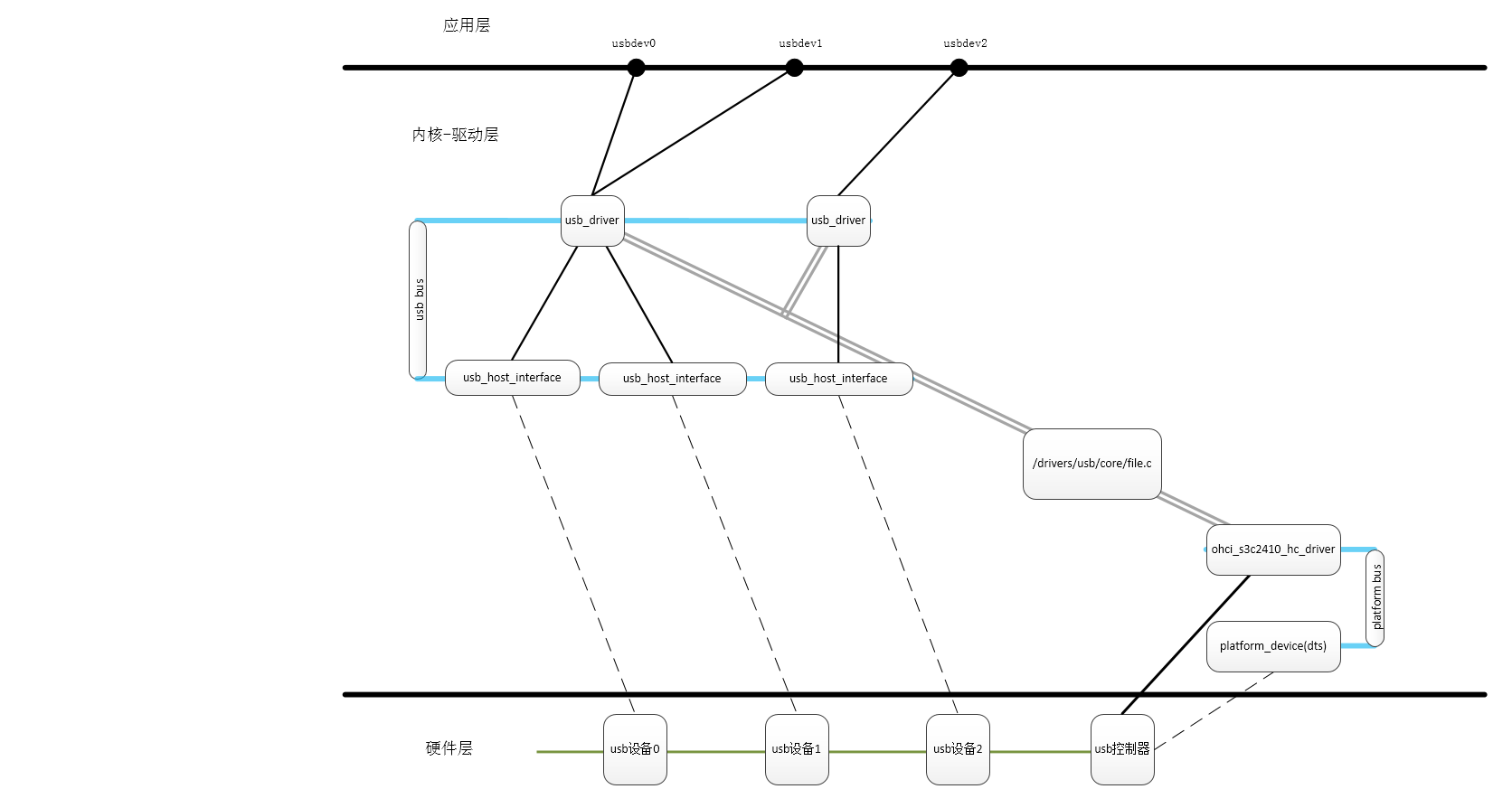

- #Linux usb mass storage device driver 이해하기 how to#
- #Linux usb mass storage device driver 이해하기 install#
- #Linux usb mass storage device driver 이해하기 software#
- #Linux usb mass storage device driver 이해하기 download#
Above command will create a project with the user provided name under the PetaLinux installed directory.After installing PetaLinux SDK create a project in the PetaLinux installed directory by executing $ petalinux-create –t project –n -s command.
#Linux usb mass storage device driver 이해하기 download#
For Rev1 board download ZCU102,ES2,Rev1.0 BSP and for Rev B/C/D boards, download ZCU102 BSP from xilinx website. This example uses the ZCU102 PetaLinux BSP to create a PetaLinux project. It recommend to download the PetaLinux installer version 2018.1 from Xilinx website. Note:This Tech Tip is developed based on PetaLinux version 2018.1. Execute the steps till the PetaLinux Working Environment Setup section for installing PetaLinux SDK to your Linux machine.

#Linux usb mass storage device driver 이해하기 install#
#Linux usb mass storage device driver 이해하기 how to#
This section explains Linux gadget driver support for Zynq® UltraScale+™ MPSoC USB 3.0 controller and how to use these drivers for configuring the Zynq® UltraScale+™ MPSoC USB 3.0 controller as a mass storage device. Linux:Zynq® UltraScale+™ MPSoC USB 3.0 controller's mass storage device class functionality
#Linux usb mass storage device driver 이해하기 software#
The USB 3.0 DRD controller provides an eXtensible host controller interface (xHCI) to the system software through the advanced eXtensible interface (AXI) slave interface. Both can be individually configured to work as host or device at any given time. The Zynq® UltraScale+™ MPSoC USB 3.0 controller consists of two independent dual-role device (DRD) controllers. Designed for ZCU102 Rev1.0 and RevB/C/D prod silicon Boards Designed for ZCU102 Rev1.0 and RevB/C/D BoardsĢ. Make sure you remove any other reference to usb-storage in the grub or grub2 config files. Open nf or menu.lst and append "nousb" to the kernel line as follows (taken from RHEL 5.x): kernel /vmlinuz-2.6.18-128.1.1.el5 ro root=LABEL=/ console=tty0 console=ttyS1,19200n8 nousb You can get rid of all USB devices by disabling kernel support for USB via GRUB. This is recommended option so that nobody can boot it from USB. You can also disable USB from system BIOS configuration option. You can see the file typing the following command: ls -l /lib/modules/$(uname -r)/kernel/drivers/usb/storage/usb-storage.koĪll you have to do is disable or remove the usb-storage.ko driver to restrict to use USB devices on Linux such as: The usb-storage.ko is the USB Mass Storage driver for Linux operating system.


 0 kommentar(er)
0 kommentar(er)
